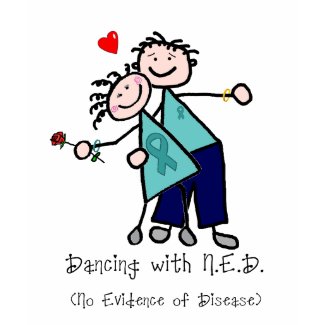A year and a half ago I attended a lecture given by the Head of Medicine of India. One of the most important things that I took away from his presentation was his comment that the ancient Sanskrit texts contended that every millimetre of bowel has a purpose. This was an amazing statement considering how many feet of bowel we each have. Some of us have heard patients who have had bowel resections say that they can't eat certain foods anymore. Is it a bacterial imbalance or missing links?
Until recently, the function of our digestive tract was understood to be just that - digestion. It is now known that the presence of friendly bacteria in the bowel is vital to fighting pathogenic bacteria and viruses. According to Dr. Richard Beliveau, who holds the chair in the Prevention and Treatment of Cancer at the University of Quebec at Montreal, a stunning discovery has been made in the role of intestinal flora's impact on the brain. Scientists have observed that the composition of the flora affects the levels of certain cerebral neurotransmitters and can modulate feelings such as anxiety, stress and depression.
Intestinal flora is controlled by diet type. Diets rich in protein and animal fats have flora mainly composed of bacteria called bacteroides. Diets rich in fibre - vegetables and fruits - have flora containing prevotella.
Dr. Beliveau states that modification of the flora from protein and animal based to plant based requires long-term changes to our diets and is frontline in maintaining good physical and mental health.
Many of my Sunflower Sisters think they are prevented from enjoying raw fruits and vegetables because of disease encroachment or partial obstruction. The Advanced Disease Dietary Help tab in our website will give you instructions on juicing as well as a list of superfoods and helpful books. The body's ability to rebound is assisted greatly by opting for natural ingredients.
Researchers have also observed that products with many levels of probiotics - which are nondigestible food ingredients that stimulate "good" bacteria in the colon - are associated with a protection of the intestinal mucosa and a reduction in the development of colon cancer. There are two main types of probiotics - lactobacillus and bifidobacterium. Another probiotic is - saccharomyces boulardii - which is actually a yeast. Thanks to a great marketing effort, most people think that milk/yogurt products are the only source of probiotics and a great number of cancer patients and vegans totally avoid them.
If your diet is not primarily vegetable and fruit based, Dr. Beliveau suggests that "regular consumption of organic supplements containing probiotics is a great way to improve the effectiveness of intestinal bacteria allowing them to positively influence the way the body works". My personal favourite is New Chapter Organics - Probiotic Colon. The label lists 10 types of probiotic species - none of which is lactose based.
One last reminder that January is Cervical Cancer Awareness Month. Are you or one of your loved ones "Dancing with N.E.D."?


No comments:
Post a Comment